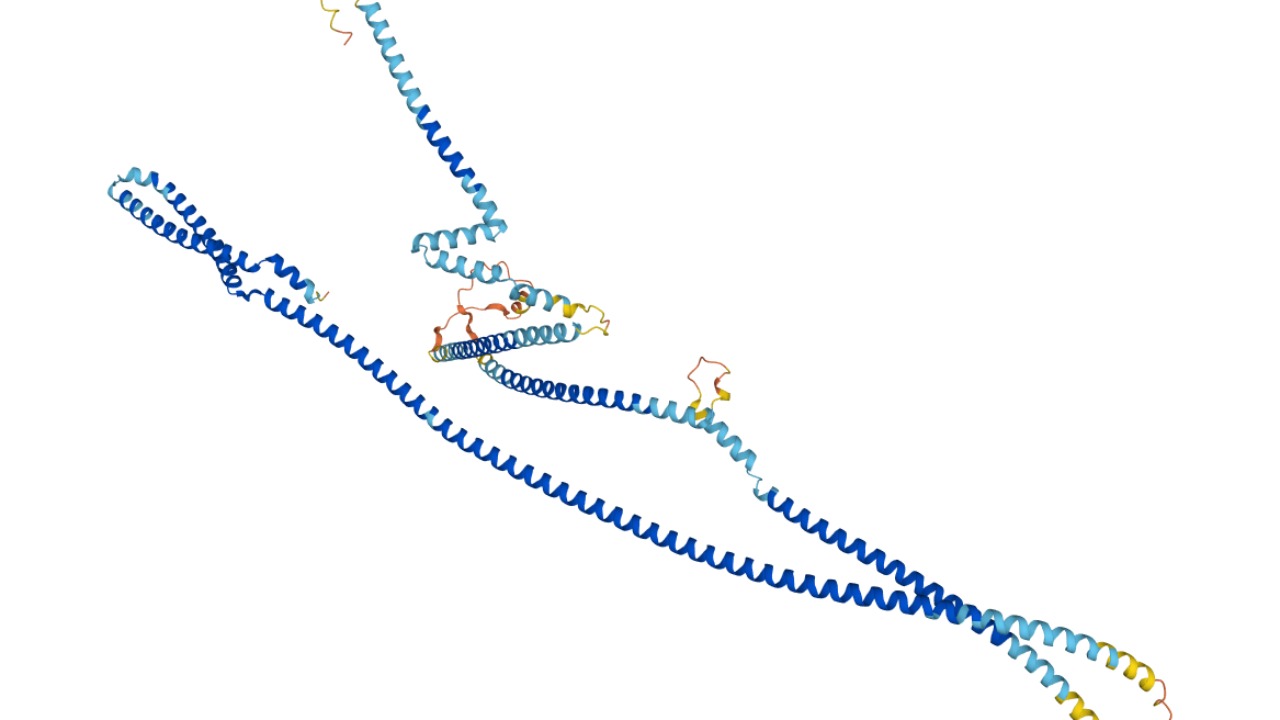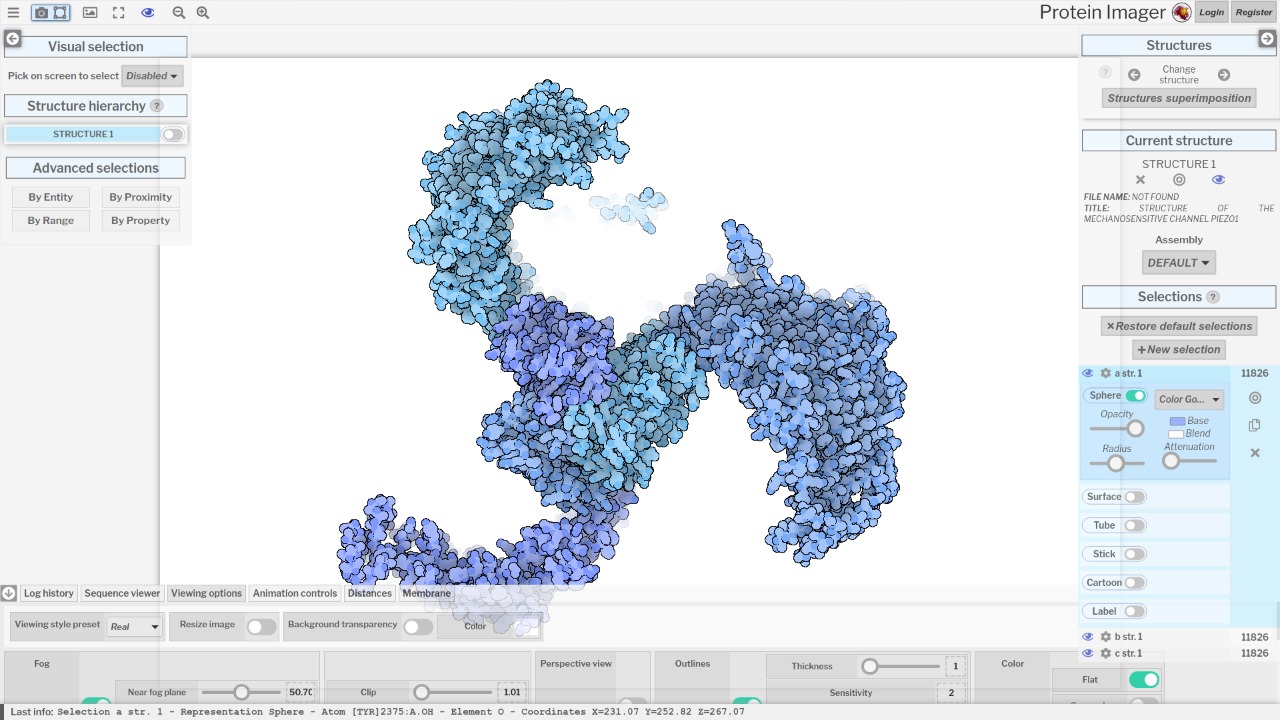
Unknome is a groundbreaking tool that melds software analytics with the realm of biological science, specifically aimed at ranking the least-known proteins. The goal of this innovative software is to augment the scientific comprehension of proteins, especially those that have been under-researched, and to shed light on their potential implications for human health and disease.
Understanding Unknome: A Brief Overview

Unknome is more than just a software tool; it’s a game-changer in the field of protein research. This tool uses advanced analytics to navigate the complex landscape of proteins, focusing on those that have been neglected or understudied. The objective is to rank these proteins based on their known attributes and potential significance, thereby assisting scientists in identifying and prioritizing their research targets.
The Unknome database serves as a reservoir of information about these less-studied proteins. It allows scientists to access data about proteins that have been overlooked in traditional protein research, presenting an opportunity to uncover new insights and make significant strides in the field.
The Science Behind Unknome: Protein Ranking

The core feature of Unknome is its unique ranking system, which employs sophisticated software analytics to rank the least-known proteins. This system is based on various parameters, including the amount of existing research on a protein, the number of publications that mention it, and its potential biological significance. This ranking system is dynamic and continually updated, reflecting the ever-evolving landscape of protein research.
Unknome uses a combination of machine learning and data analysis to identify and rank these proteins. The software sifts through vast amounts of data, using its analytical capabilities to discern patterns and trends. This scientific approach enables the tool to identify proteins that have been overlooked in traditional research, thereby offering new avenues for exploration and discovery.
The Impact of Unknome on Protein Research

Unknome is revolutionizing protein research by providing a streamlined and efficient way to identify and prioritize under-studied proteins. This tool has the potential to reshape the way scientists approach protein research, offering a solution to the challenge of navigating the vast and complex world of proteins.
There have been several instances where Unknome has provided valuable insights into under-studied proteins. For example, a recent study conducted by scientists from the Medical Research Council Laboratory of Molecular Biology (MRC LMB) used Unknome to identify and rank proteins that have been neglected in research. This study has resulted in a renewed interest in these proteins, potentially leading to significant advances in our understanding of their roles in human health and disease.
Unknome and Its Potential for Future Research

The potential of Unknome for furthering scientific research is immense. By identifying and ranking least-known proteins, this tool opens the door for new research opportunities. Scientists can now target these proteins for further study, potentially leading to new discoveries and breakthroughs in the field of protein research.
Looking ahead, it’s exciting to speculate on how Unknome might evolve. As software analytics continue to advance, we can expect Unknome to become even more sophisticated and effective in its ability to rank proteins. Furthermore, as our understanding of proteins grows, the Unknome database will become an increasingly valuable resource for scientists around the world.
The Broader Implications of Unknome: Human Health and Disease

Unknome’s potential implications extend far beyond the realm of protein research. By improving our understanding of under-studied proteins, we could gain critical insights into human health and disease. These proteins could play significant roles in various biological processes and could be potential targets for therapeutic interventions.
For instance, a better understanding of protein function can lead to the development of new treatments for diseases. In fact, a recent report highlights how Unknome has already identified proteins that are linked to diseases such as cancer and neurological disorders. With continued exploration and research, the knowledge gleaned from Unknome could pave the way for new therapeutic applications, potentially revolutionizing healthcare as we know it.